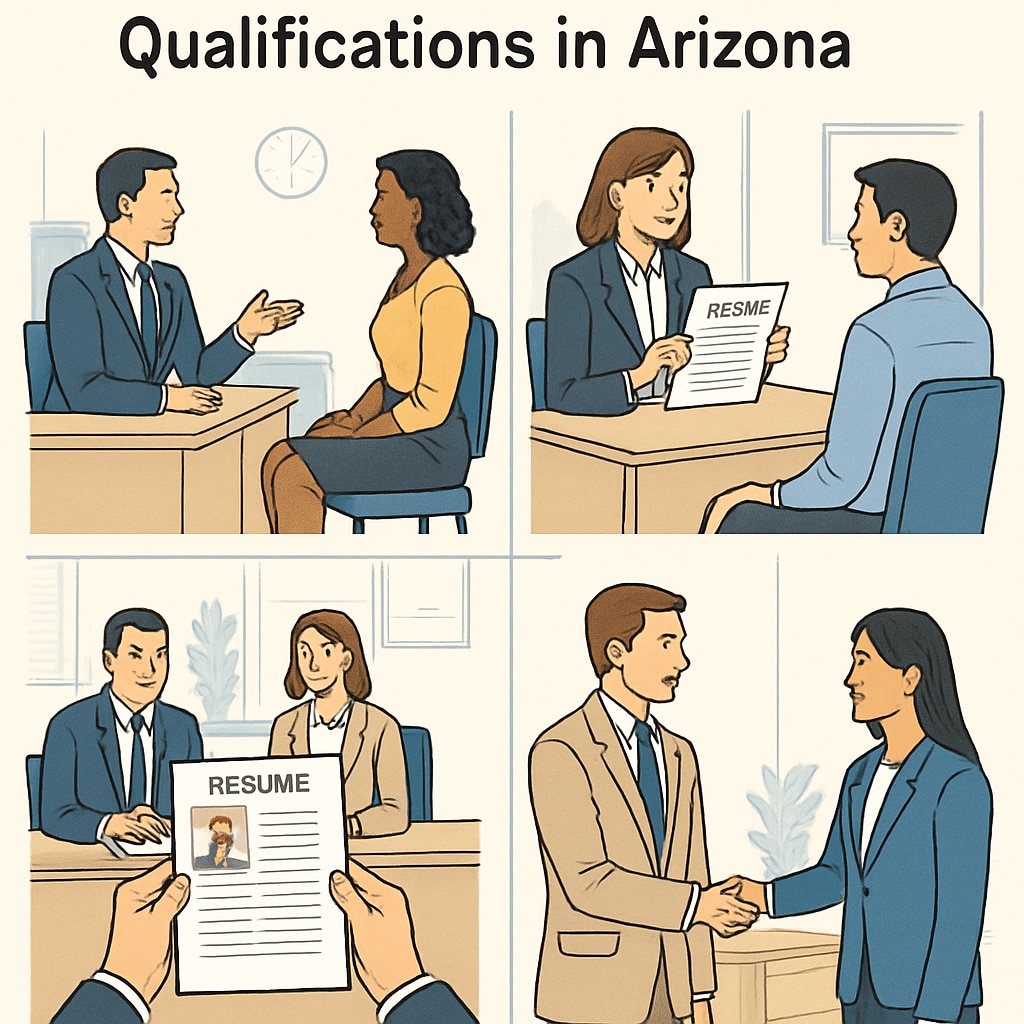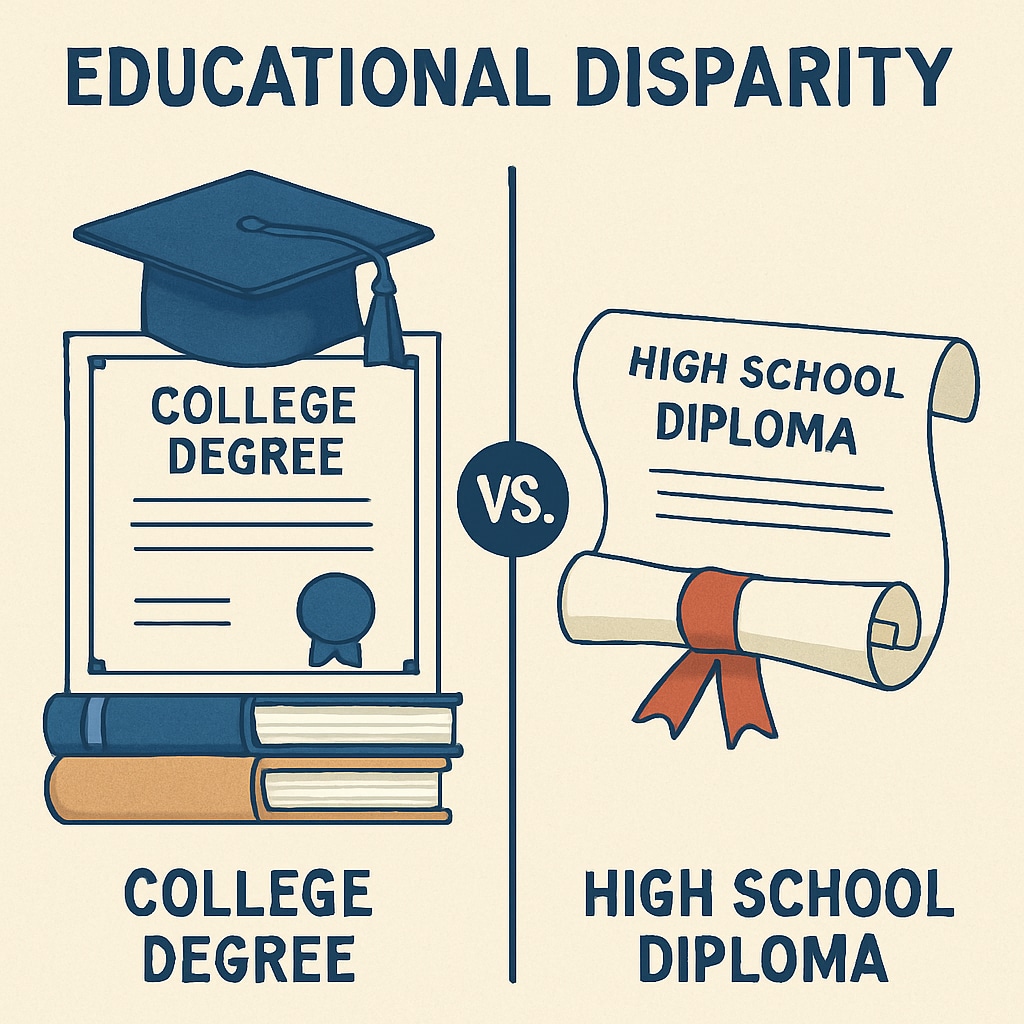In Arizona, employment policies have sparked a debate about fairness and systemic flaws in educational requirements. Cases have emerged where individuals holding advanced college degrees face rejection simply because they lack a high school diploma. This paradox in Arizona’s employment practices highlights critical issues surrounding the recognition of educational qualifications, the value of K-12 education, and the interpretation of credentials in government hiring.
When a College Degree Falls Short of a High School Diploma
Arizona’s government hiring practices have raised eyebrows in recent years. Applicants with bachelor’s, master’s, or even doctoral degrees have reportedly been disqualified from positions due to the absence of a high school diploma. While this may seem counterintuitive, the issue stems from rigid employment policies that prioritize standardized qualifications over practical competencies. As a result, highly educated individuals find themselves excluded from job opportunities, leading to questions about the effectiveness of such policies.

The Systemic Flaws in Credential Recognition
The problem lies within the rigidity of Arizona’s credential recognition system. High school diplomas act as a baseline requirement for many government positions, even when higher education degrees should logically supersede this benchmark. This practice underscores a lack of flexibility and adaptability in the employment system, which fails to account for alternative educational pathways or real-world expertise. Critics argue that these policies not only undermine the value of advanced education but also contribute to employment discrimination against highly qualified candidates.
For example, while a high school diploma represents foundational education, it does not necessarily reflect the skills or competencies developed through higher education. This raises concerns about why government agencies fail to assess candidates holistically, instead relying on outdated benchmarks to determine eligibility. According to Britannica, modern employment systems increasingly emphasize adaptability and diverse qualifications, making Arizona’s approach seem regressive.

Implications for K-12 Education and Beyond
Arizona’s employment policies inadvertently place disproportionate emphasis on high school education, elevating its significance even in contexts where higher education should take precedence. This has broader implications for how society views K-12 education. While foundational education is undeniably important, its role in employment eligibility should complement—not overshadow—the value of advanced degrees.
Moreover, the current system risks alienating those who have pursued alternative educational paths, such as GED certifications or vocational training. This rigid framework fails to account for the evolving nature of education and workforce demands, as highlighted by Wikipedia’s overview of the U.S. educational system. As a result, Arizona’s policies seem out of step with contemporary employment practices that prioritize skills and experience over formal credentials.
Rethinking Employment Policies to Promote Fairness
To address these issues, Arizona’s government agencies must reconsider their approach to educational requirements. Flexible hiring practices that evaluate candidates based on skills, competencies, and relevant experience—rather than rigid credential benchmarks—would improve fairness and inclusivity. Furthermore, adopting policies that recognize alternative qualifications, such as GEDs or equivalent certifications, would ensure that no candidate is unfairly excluded.
As a society, we must also reassess how we value education at every level. While high school diplomas serve as foundational credentials, they should not overshadow the broader achievements represented by higher education degrees. A balanced approach to credential recognition will pave the way for a more equitable and effective employment system in Arizona and beyond.
In conclusion, Arizona’s employment policies highlight a paradox that merits urgent attention. By prioritizing high school diplomas over advanced degrees, these practices reveal systemic flaws in how educational qualifications are evaluated. Addressing these issues will require not only policy reforms but also a cultural shift in how we perceive the value of education in the workforce.


